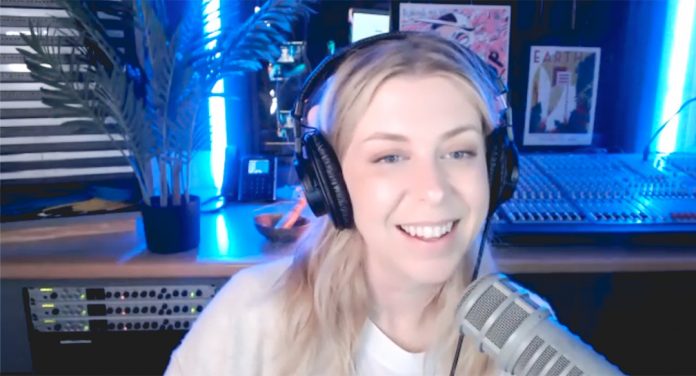In the last few decades, the music industry has undergone a significant transformation, driven by the rise of digital media and the internet.
From the way music is created to the way it is received, these changes have been swift and industry shaking. Today, music is distributed across an ever-expanding range of platforms, and radio is no longer the sole source of the latest music. Concerts, too, have evolved in ways that few could have predicted.
Despite the rapidly changing landscape of the music industry, music remains integral to our lives. Music journalism is growing and changing in many of the same ways the industry is.
One person who has witnessed this transformation firsthand is Raina Douris, host of NPR’s World Café at WXPN in Philadelphia. Douris began her music journalism career here in Ontario and developed passion for music while growing up in Toronto in the ’80s and early ’90s.
Since then, she has worked in all aspects of music journalism, including but not limited to helping establish Indie 88 in Toronto, working with the CBC hosting Mornings, and now working with NPR and WXPN in the U.S. for World Café.
There is more music in the world today than there ever was and it is being made by more people at a pace that can be staggering to consider.
It has been Douris’s job to find and talk about new music since the mid-2000’s. Her approach?
“It’s kind of overwhelming how much music is out there, there’s no one answer to that anymore… there’s hundreds [or] thousands of new things every week, and you’re just trying to figure out what’s impacting in a way that’s meaningful,” she said.
It seems that even in the dizzying plethora of music available these days, some strategies remain the same.
Douris shared her favorite ways of finding new music.
“One of my personal favorite ways to find new music is to go to live shows or festivals… along with the band you went to see that you know you like, you might find some other bands that you didn’t know you like, maybe you’ll fall in love with one of those bands,” Douris said.
Douris said that as Covid-19 starts to wind down, events are plentiful, but that doesn’t always mean they sell tickets like they used to.
“On one hand, I think there’s some excitement to get back out there. There’s also some trepidation, I’ve personally noticed that it’s taking a while for people to want to get back up to that pace of going to shows that they were at before… people are tired.”
She said that on top of fears about getting sick lies the ever-increasing price of tickets to the events themselves.
Ticketmaster – one of the world’s premier event companies – recently came under fire for their business practices.
“I’m no expert but it seems like Livenation and Ticketmaster basically have what’s approaching a monopoly on the venue, promotion, and ticketing industry… The whole thing is very predatory,” said Douris.
Even the artists are getting sick of it, she said.
In recent times, popular musicians such as Taylor Swift and The Cure have experienced significant problems with Ticketmaster’s systems, which has resulted in their fans having to pay high ticket prices.
Canadian rocker Neil Young recently made an angry statement on his website blog lamenting the issues.
“I get letters blaming me for $3000,00 tickets for a benefit I am doing. That money does not go to me or the benefit. Artists have to worry about ripped off fans blaming them for Ticketmaster add-ons and scalpers,” wrote Young.
According to a U.S. Department of Justice report from 2010, Ticketmaster maintained a market share of over 80 per cent in the U.S. over the previous 15 years. That was before they bought Live Nation, one of their main competitors in the space.
Douris often covers alternative and DIY music scenes when hosting World Café, and shared her thoughts on what gaps remain.
“I think they’ll (DIY shows) always exist, but are they a substitution for a midsized band going to play a midsized venue in any city across the country? Not really… so where do those bands go?”
Like everyone else with their eye on these issues, Douris doesn’t have an answer to the ticket price problem but gave kudos to those trying to make it work in other ways.
Douris hosts World Café for NPR and WXPN in Philadelphia. Check out the show for plenty of interviews, features, and behind the scenes with artists ranging from Weird Al to Mac Demarco and everything in between.




